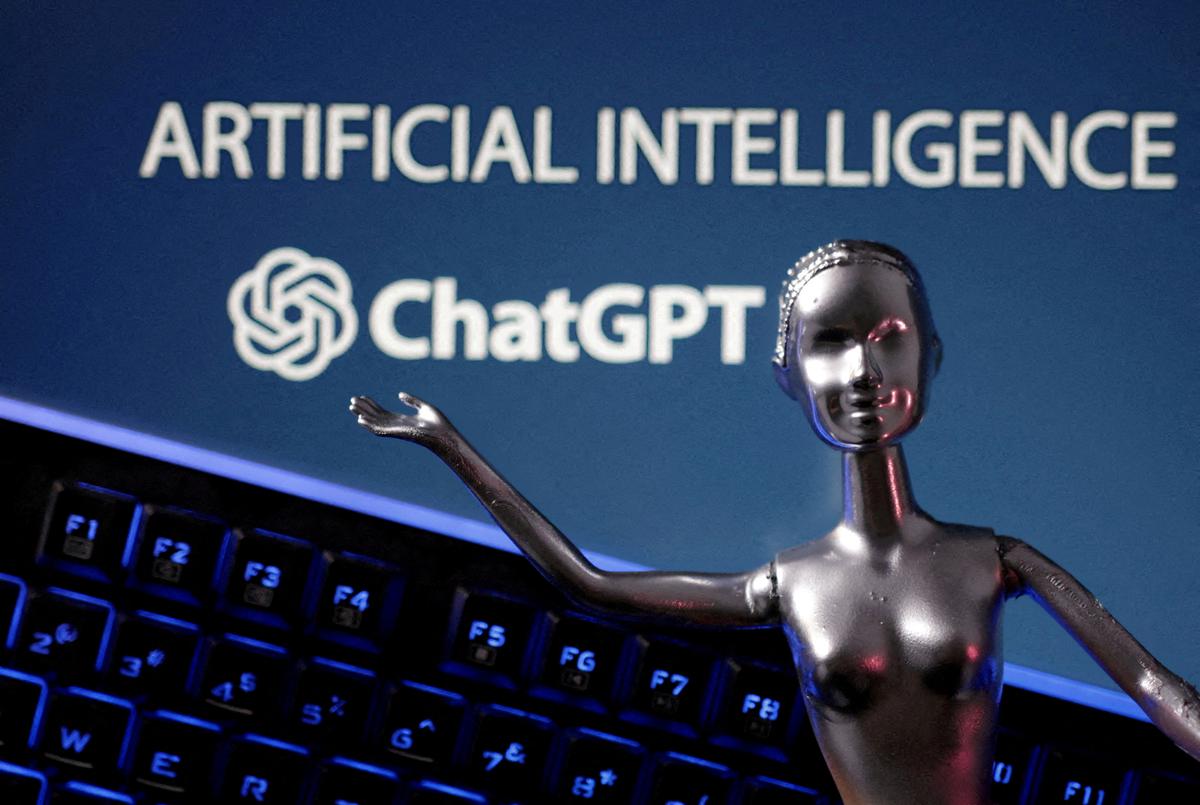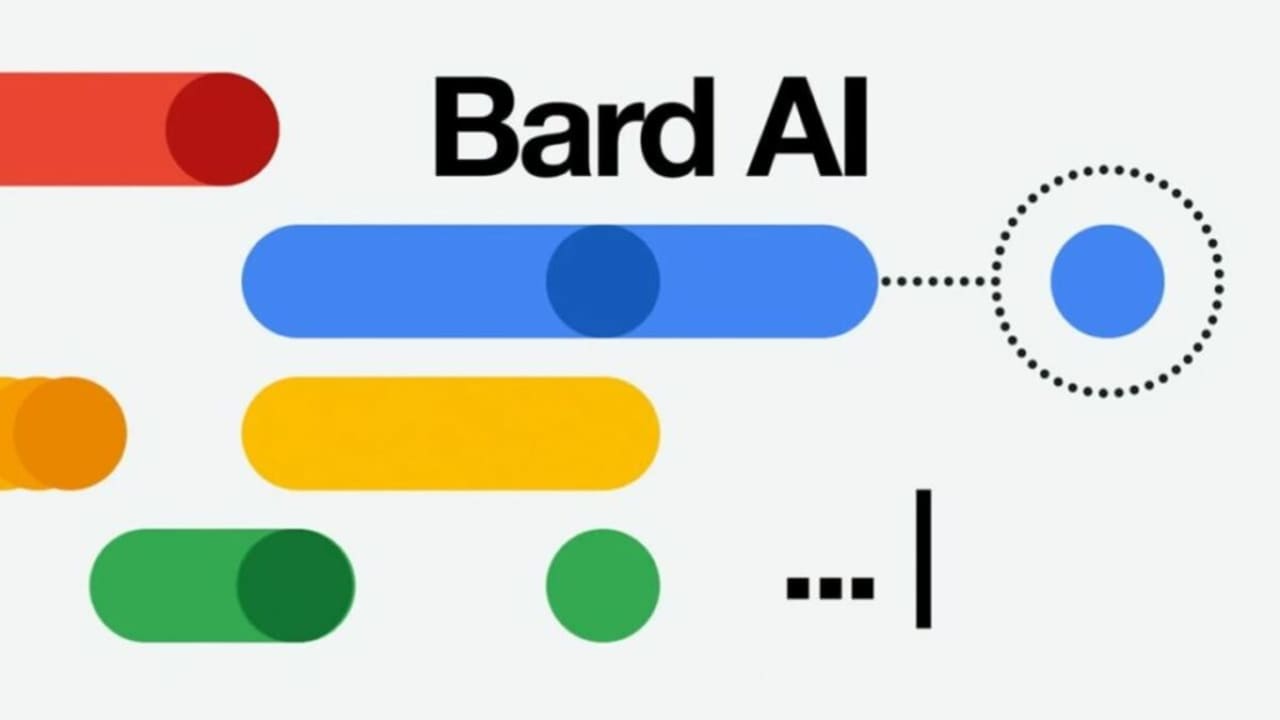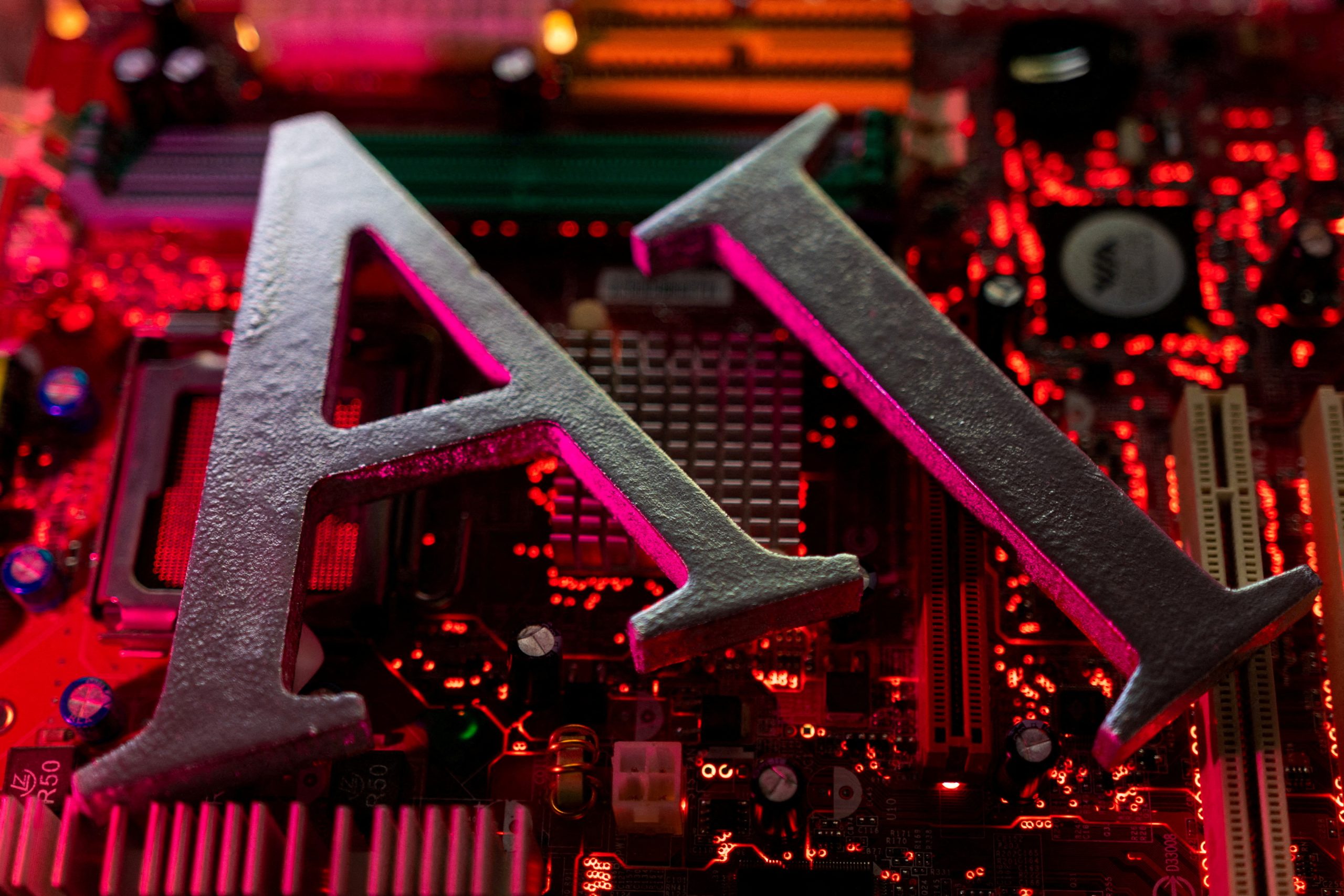Exclusive: OpenAI Explores Building Its Own AI Chips and has gone as far as evaluating a potential acquisition target, according to people familiar with the company’s plans
Artificial Intelligence (AI) has become an integral part of our lives, powering various applications and technologies. OpenAI, the company behind ChatGPT, is taking its AI capabilities to the next level by exploring the possibility of building its own AI chips. This move could potentially revolutionize the AI industry and give OpenAI more control over its hardware.
The Need for Custom AI Chips
OpenAI is looking into developing its own AI chips to address two major concerns: the shortage of advanced processors and the high costs associated with running the hardware necessary to power its AI efforts. Currently, OpenAI relies on graphics processing units (GPUs) from Nvidia, which controls more than 80% of the global market for AI chips.
The scarcity of GPUs has prompted OpenAI to evaluate alternative options, including building its own AI chips and collaborating with other chipmakers. CEO Sam Altman has made acquiring more AI chips a top priority for the company. The high costs of running ChatGPT, in particular, have led OpenAI to seek more efficient and cost-effective solutions.
Exploring Custom Chip Development
While OpenAI has not made a final decision on building its own AI chips, the company has been actively exploring this possibility. Internal discussions have taken place, and the company has even evaluated potential acquisition targets in the chip industry. However, such a venture would require significant investment and strategic planning.
Building custom AI chips would put OpenAI in the league of tech giants like Google and Amazon, who have already ventured into chip design. It would give OpenAI greater control over the hardware that powers its AI models, offering improved performance and efficiency. However, success in this endeavor is not guaranteed, and OpenAI would still need to rely on commercial chip providers in the interim.
Challenges and Potential Benefits
Developing custom AI chips is a complex and costly endeavor. It requires expertise in chip design, manufacturing, and optimization. However, if OpenAI can overcome these challenges, it stands to gain several benefits. By designing its own chips, OpenAI can tailor them specifically to the needs of its AI models, optimizing performance and reducing costs.
Furthermore, having its own chips would provide OpenAI with more flexibility and control over its AI infrastructure. It would allow the company to scale its AI capabilities without being limited by the availability or pricing of commercial chips. Custom AI chips could also enable OpenAI to push the boundaries of AI research and development, unlocking new possibilities in the field.
Learning from Industry Examples
OpenAI can draw inspiration from companies like Amazon, which successfully developed its own chip through the acquisition of Annapurna Labs in 2015. Acquiring a chip company could expedite the process for OpenAI and provide the necessary expertise and resources. However, the specific target of OpenAI’s potential acquisition remains undisclosed.
It’s worth noting that some tech companies have faced challenges in developing their own chips. Meta, the parent company of Facebook, encountered issues with its custom chip effort and had to scrap some of its AI chips. However, Meta is now working on a new chip that aims to cover a wide range of AI applications. Microsoft, one of OpenAI’s main backers, is also reportedly developing its own custom AI chip for testing.
Implications for the AI Industry
OpenAI’s exploration of building its own AI chips signifies a significant development in the AI industry. It highlights the growing importance of hardware optimization in maximizing the potential of AI models. As more companies venture into chip design, we can expect increased competition and innovation in the AI hardware space.
The demand for specialized AI chips has skyrocketed since the launch of ChatGPT. These chips, known as AI accelerators, are essential for training and running the latest generative AI technologies. Nvidia currently dominates the market, but the emergence of new players like OpenAI in chip development could disrupt the existing landscape.
Future Outlook and Conclusion
While OpenAI’s plans for custom AI chips are still in the exploration phase, the potential impact is significant. Building its own chips would give OpenAI more control, performance optimization, and cost-efficiency in powering its AI models. It would also pave the way for further advancements in AI research and development.
However, developing custom AI chips is not without its challenges. OpenAI would need to invest substantial resources and expertise to ensure success. In the meantime, the company may continue to rely on commercial chip providers like Nvidia and Advanced Micro Devices.
As the AI industry continues to evolve, the development of custom AI chips by major players like OpenAI will shape the future of AI technology. The ability to design and control the underlying hardware will enable companies to push the boundaries of AI innovation, ultimately benefiting society as a whole.



